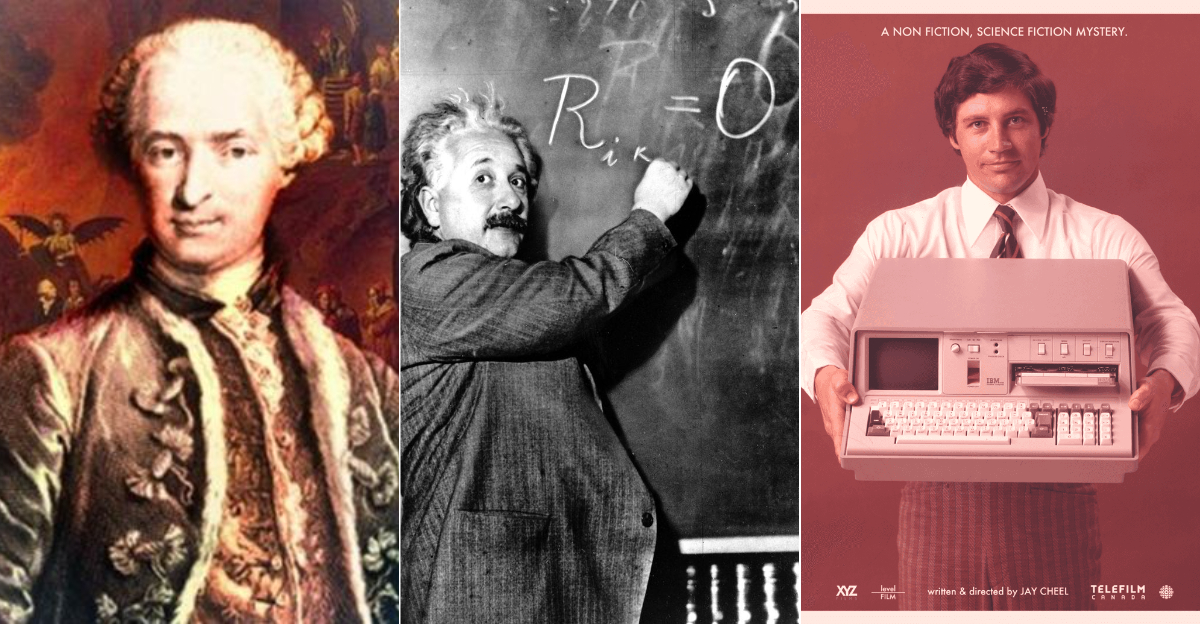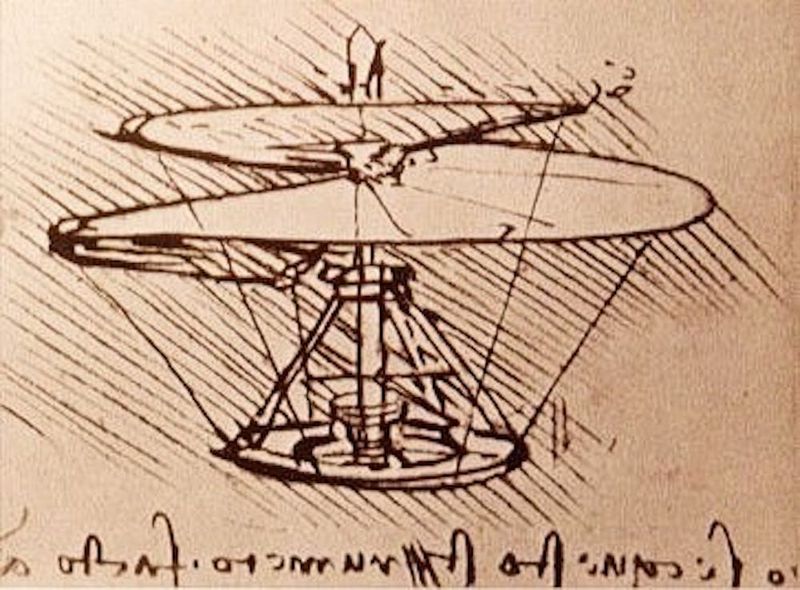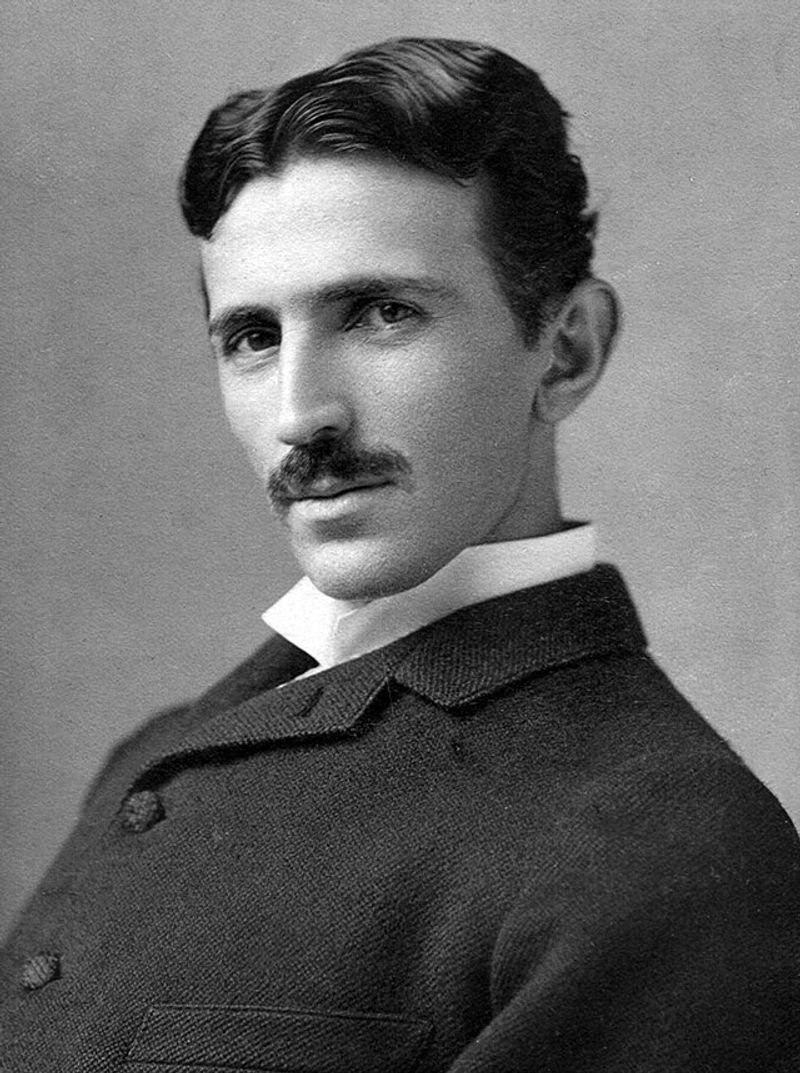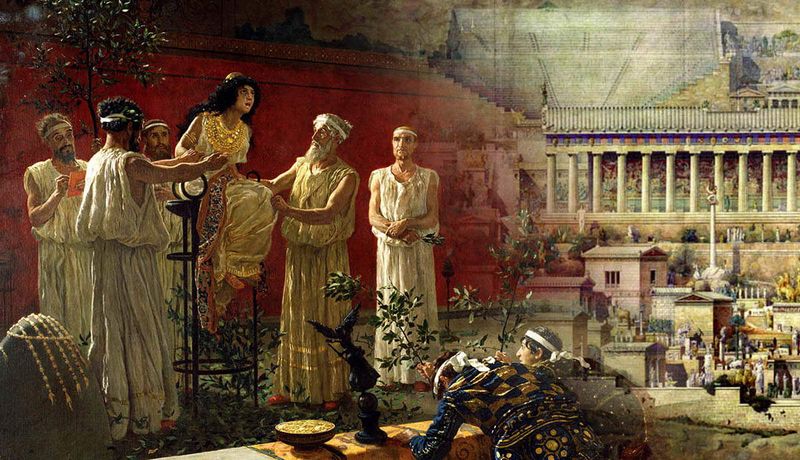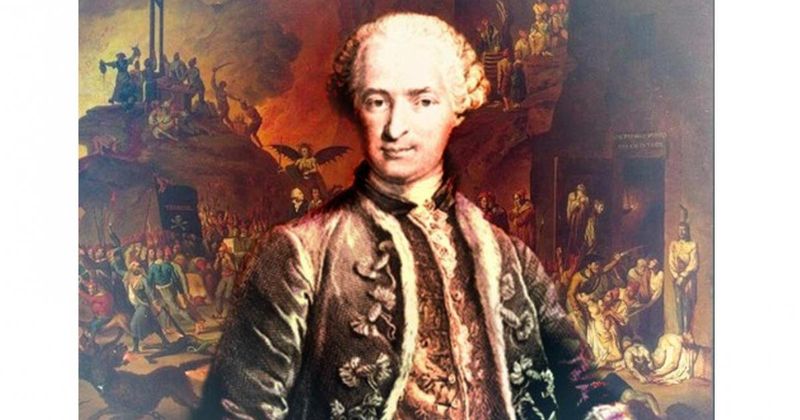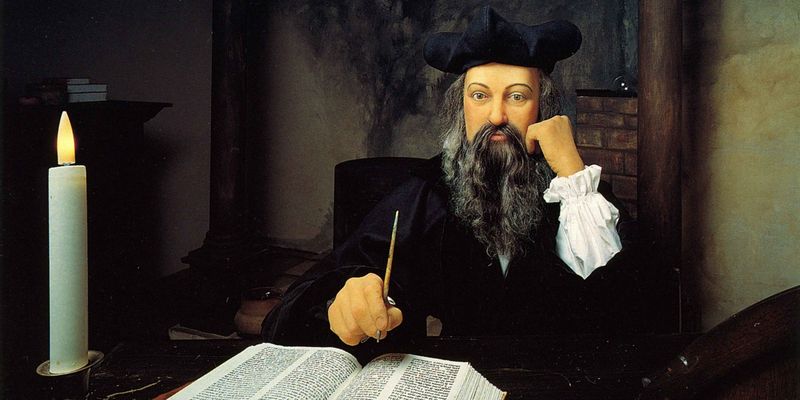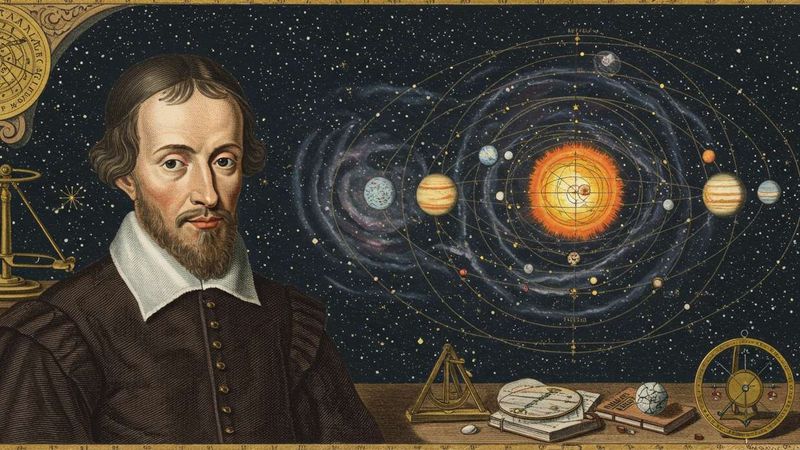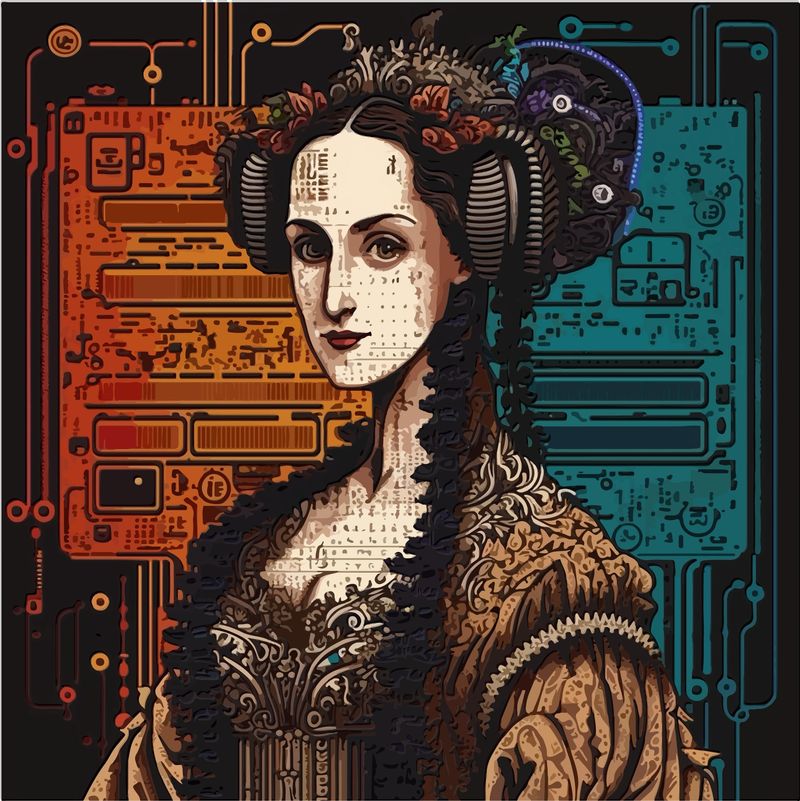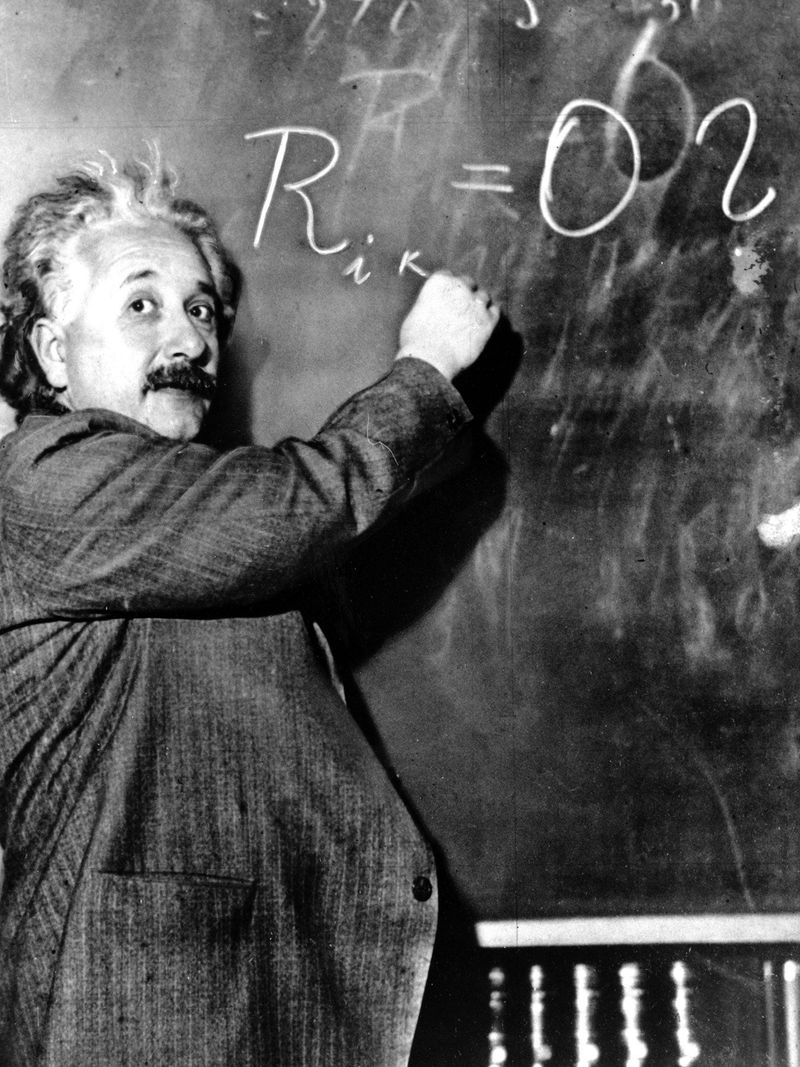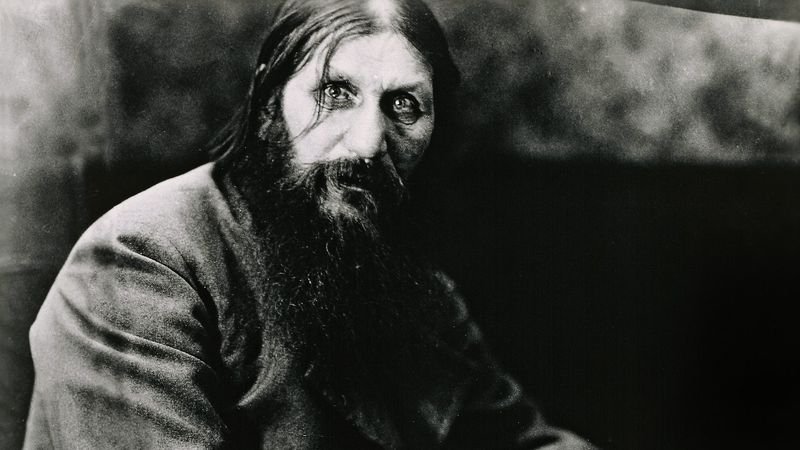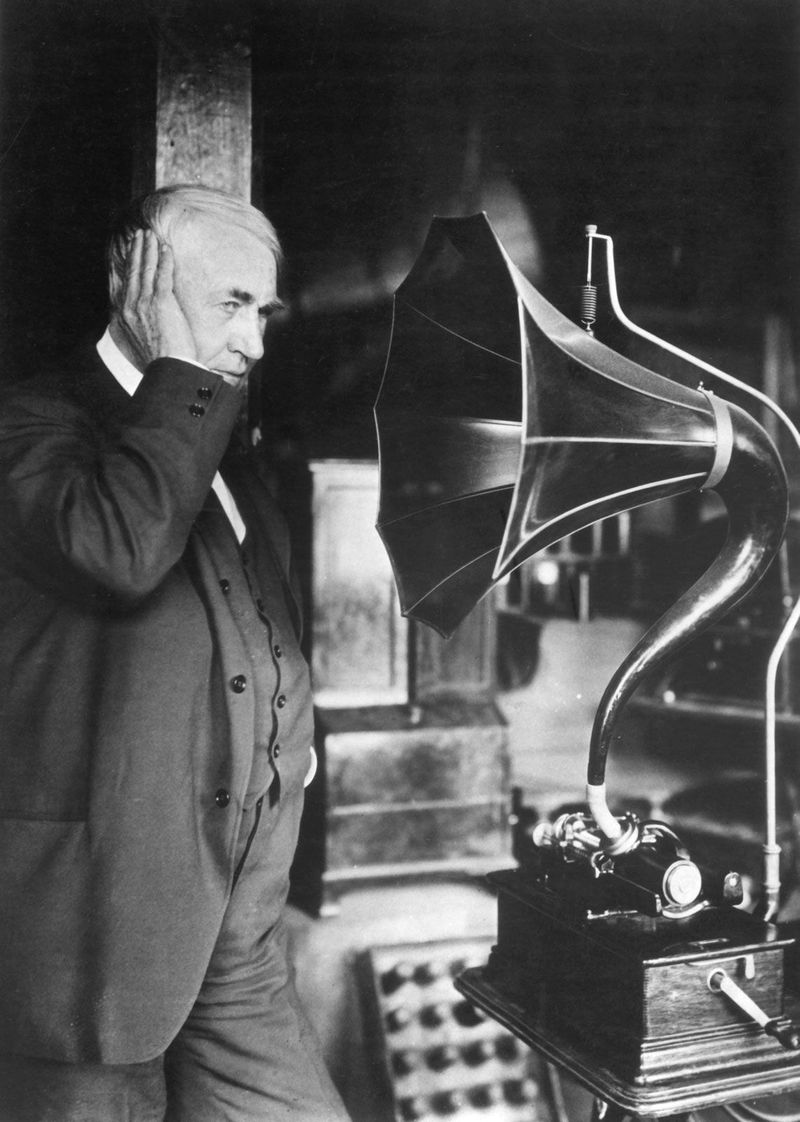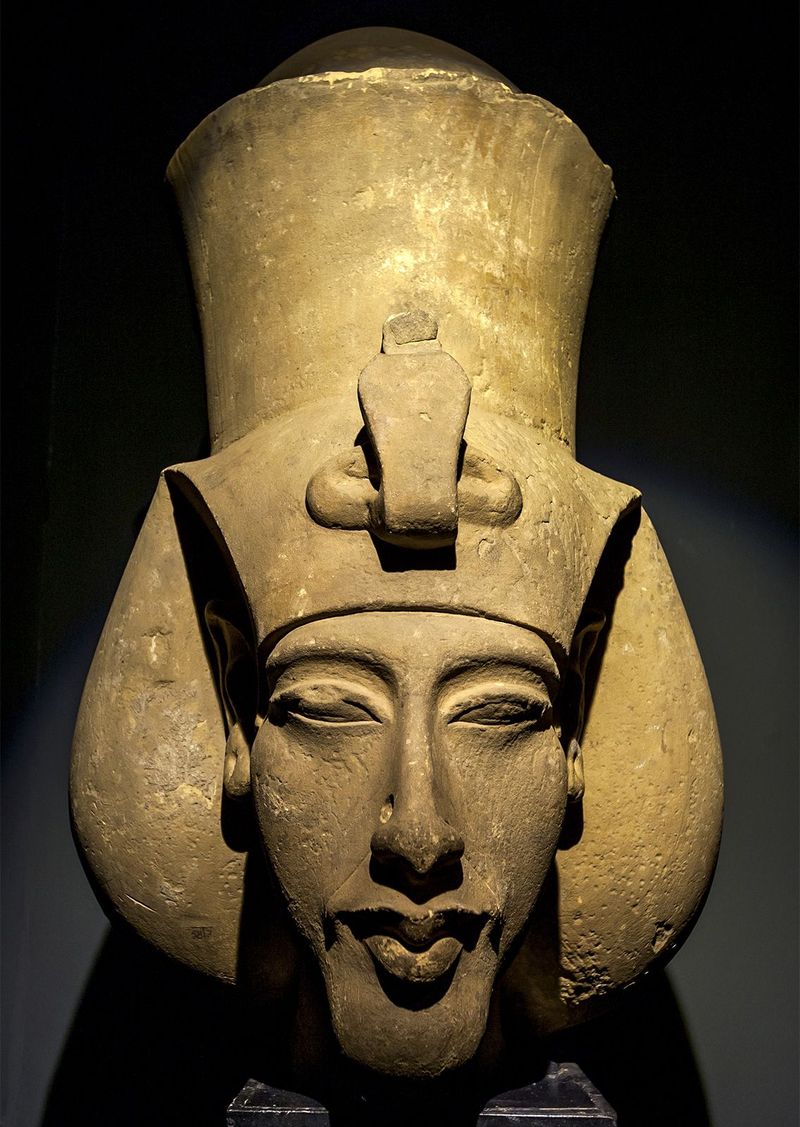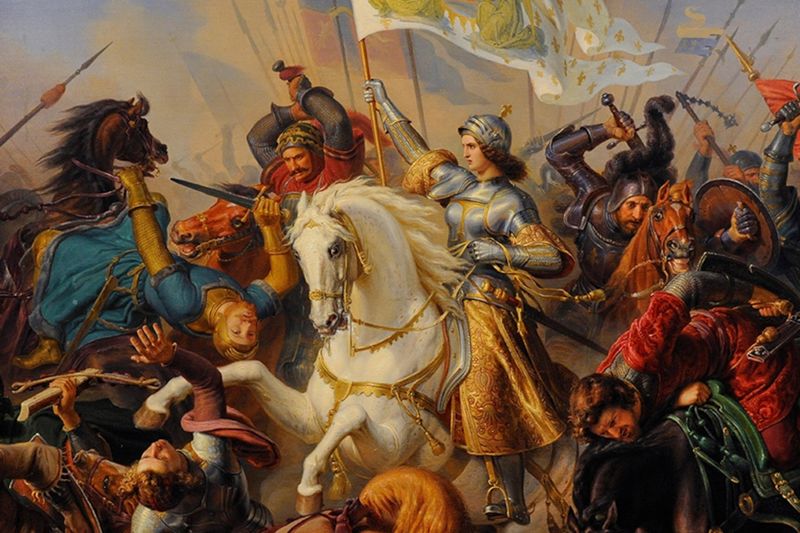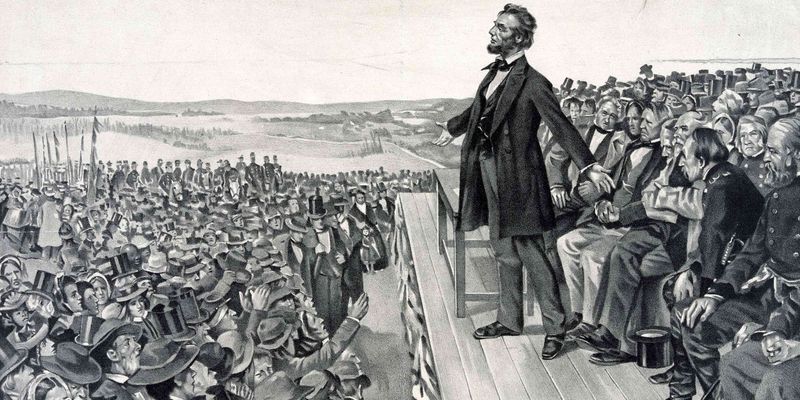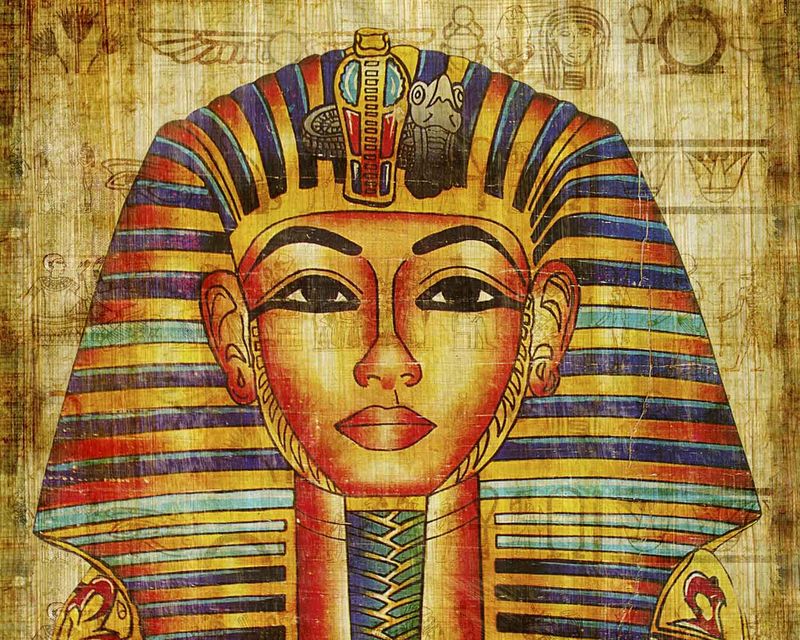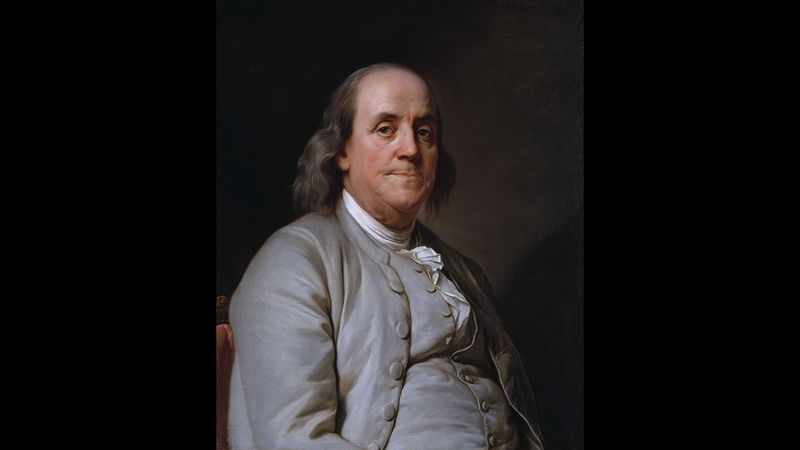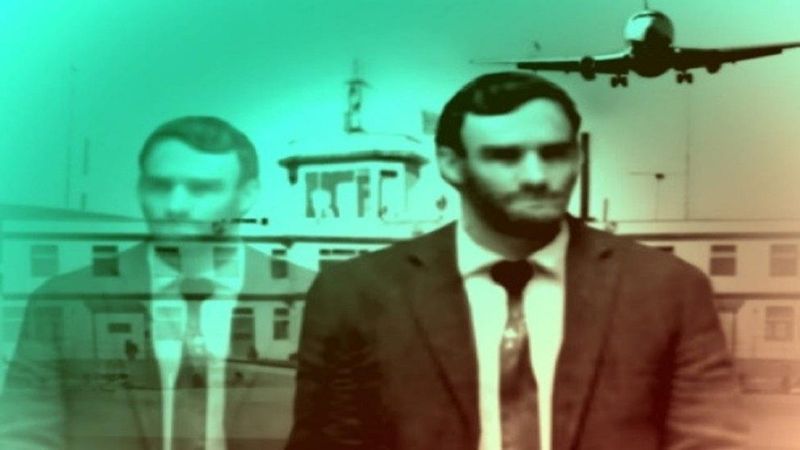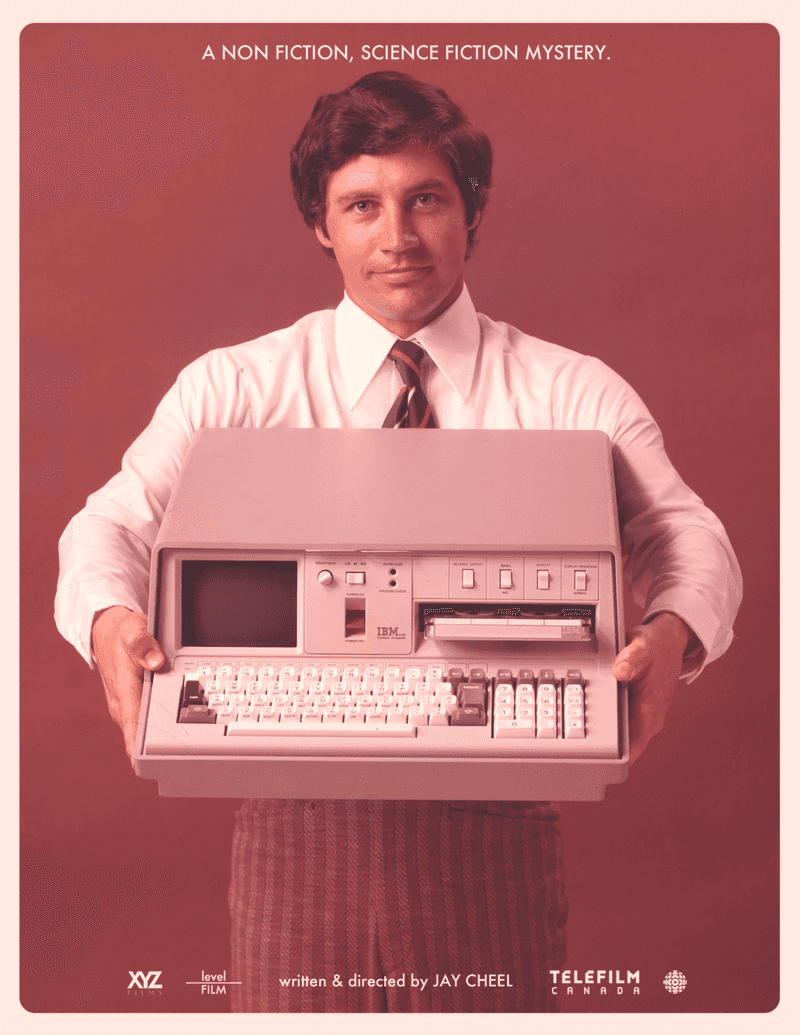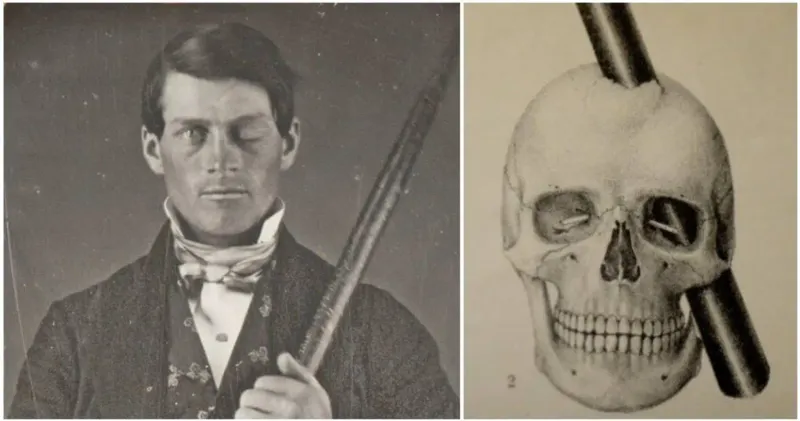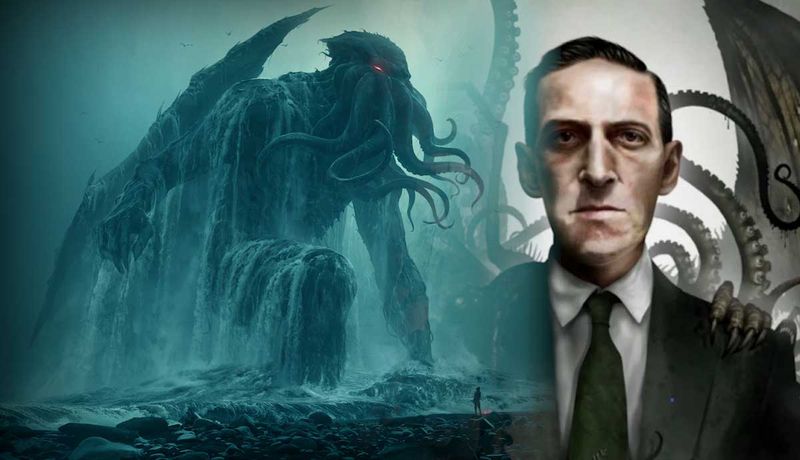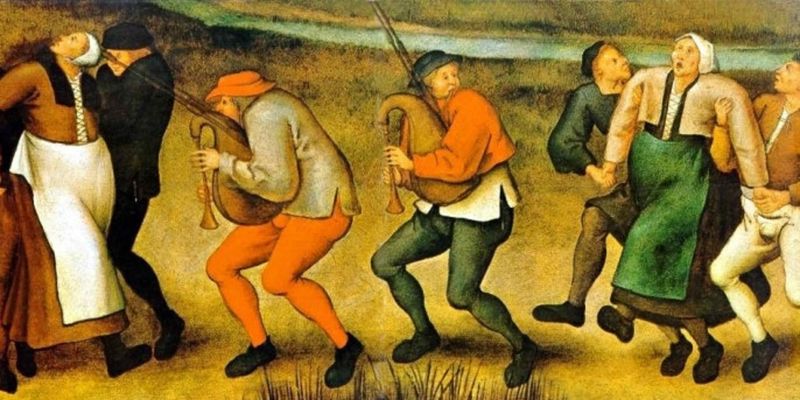Explore the intriguing possibility that some of history’s most enigmatic figures might have had access to time travel. From visionary inventors to mysterious rulers, these individuals defied the constraints of their eras with knowledge or abilities that seem strikingly out of place. Could their genius have been fueled by glimpses into the future, or were they simply ahead of their time? Dive into the lives of these 20 historical figures who leave us wondering: were they time travelers of their eras?
1. Leonardo da Vinci (1452–1519)
Leonardo da Vinci, a quintessential Renaissance man, designed inventions far beyond his time. Imagine helicopters and tanks sketched out by a 15th-century artist. His notebooks, filled with mirror-script writing, suggest he might have been hiding futuristic knowledge. Was his brilliance a result of time travel? Known for his curiosity, Leonardo’s mind seemed to bridge past and future. Or was he simply blessed with a visionary’s imagination, one that defied the limits of his era? This enigmatic genius leaves us pondering whether his insight was otherworldly or a mere quirk of genius.
2. Nikola Tesla (1856–1943)
Nikola Tesla, the brilliant inventor, claimed to receive visions from the future. With groundbreaking inventions like wireless energy and alternating current, his work remains mysterious today. Did Tesla have access to future insights, or was his genius purely innovative? Known for his eccentricity, he often spoke of receiving messages from other worlds. Could these have been whispers from the future? Tesla’s legacy leaves us questioning whether his insights were a product of time travel or simply unmatched ingenuity. His life continues to spark curiosity and debate among historians and scientists alike.
3. The Oracle of Delphi (Ancient Greece)
The Oracle of Delphi was renowned for accurate prophecies that guided leaders for centuries. Was this ancient seer privy to future knowledge, or merely interpreting divine messages? Sitting in the temple of Apollo, she spoke in riddles that perplexed and amazed those who sought her guidance. Her visions, some say, were not from Apollo but glimpses into future events. Were the fumes she inhaled opening doors to another time? The Oracle remains a fascinating mystery—her insights could have been a bridge between eras, or an extraordinary connection to the divine.
4. Count of Saint Germain (1712–1784?)
The Count of Saint Germain, a mysterious figure, was said to never age. He spoke of events from centuries past with an uncanny familiarity, as if he had lived through them. Was he immortal, or a time traveler stuck in history? His charisma and knowledge made him a legend in European courts. Some claimed he had secrets of immortality; others believed he was simply a gifted storyteller. The Count’s enigmatic presence and elusive nature have fueled speculation about his true origins, leaving us to wonder if he was indeed a traveler through time.
5. Nostradamus (1503–1566)
Nostradamus, the famed seer, predicted events with unsettling accuracy. From the Great Fire of London to Hitler’s rise, his quatrains seemed to leak secrets from the future. Was he truly clairvoyant, or a time traveler with knowledge of things to come? His writings, cryptic and poetic, have intrigued scholars for centuries. They raise questions about the source of his visions. Did his quatrains capture glimpses of future events, or were they mere coincidences? Nostradamus’s prophetic legacy continues to captivate and perplex those who delve into his enigmatic predictions.
6. Johannes Kepler (1571–1630)
Johannes Kepler, a pioneer in astronomy, calculated planetary motions with precision before telescopes could confirm his theories. Some speculate he had access to future astronomical data. Was he simply a mathematical genius, or did he glimpse the universe with knowledge beyond his time? Kepler’s laws of planetary motion revolutionized our understanding of the cosmos. His work raises questions about how he perceived celestial mechanics so accurately. Could his insights have been influenced by time-traveling experiences, or was he merely a visionary who saw further than his contemporaries?
7. Ada Lovelace (1815–1852)
Ada Lovelace, the first computer programmer, wrote algorithms a century before computers existed. Was she a prescient thinker, or did she have knowledge from the future? Her collaboration with Charles Babbage on the Analytical Engine demonstrated her profound understanding of computational possibilities. Could she have been stranded in the Victorian era with knowledge from another time? Lovelace’s work remains a testament to her ingenuity and foresight. Her visionary insights into computing continue to spark curiosity about the origin of her groundbreaking ideas and their possible link to future technology.
8. Albert Einstein (1879–1955)
Albert Einstein’s theories reshaped physics, introducing concepts like relativity that challenged existing paradigms. Even he found them hard to explain. Did he joke about time travel, or was there more to his theories than he let on? Known for his curious mind, Einstein pondered the nature of time and reality. Could his revolutionary ideas have stemmed from temporal insights beyond our understanding? His contributions continue to inspire scientific exploration, and his legacy raises questions about the true source of his groundbreaking theories—were they a product of time travel, or pure genius?
9. Grigori Rasputin (1869–1916)
Grigori Rasputin, a mystic healer, survived multiple assassination attempts, fueling rumors of supernatural abilities. Did he possess future medical knowledge, or manipulate time itself? Known for his enigmatic influence over the Russian royal family, Rasputin’s resilience baffled many. His presence at the imperial court was marked by mystery and power, leading some to speculate about his connection to temporal forces. Was his survival a result of time-traveling capabilities, or simply luck? Rasputin’s life and untimely death continue to intrigue those who seek to uncover the truth behind his storied existence.
10. Thomas Edison (1847–1931)
Thomas Edison, the prolific inventor, held over a thousand patents, many ahead of their time. Rumors suggest he worked on a time machine prototype. Was his genius a product of time-traveling insights? Edison’s innovations, like the phonograph and electric light, transformed modern life. His relentless pursuit of invention hinted at an understanding of technologies yet to come. Could his creative prowess have been fueled by glimpses into the future, or was he simply an extraordinary inventor? Edison’s legacy as a pioneer of innovation continues to inspire curiosity about the true extent of his knowledge.
11. Akhenaten (1353–1336 BC)
Pharaoh Akhenaten introduced monotheism in ancient Egypt, challenging religious traditions of his time. His appearance in art, with an elongated skull and feminine features, sparked theories of alien or time traveler origins. Was his revolutionary religious shift a sign of future influence? Akhenaten’s reign was marked by dramatic cultural and religious changes. Some believe he was guided by insights from beyond his era. His distinct appearance and radical monotheism continue to intrigue historians, prompting speculation about his true identity. Was he a visionary leader or a being from another time, reshaping ancient beliefs?
12. Joan of Arc (1412–1431)
Joan of Arc, a peasant girl, led French armies with tactics beyond her training. Her visions of the future guided her—were they divine or from a time traveler? Joan’s determination and leadership during the Hundred Years’ War left a lasting impact on history. Her extraordinary journey from obscurity to sainthood is filled with mystery and inspiration. Did someone from the future guide her, or was her destiny divinely ordained? Joan’s legacy as a symbol of courage and faith continues to captivate, raising questions about the true source of her remarkable insights and abilities.
13. Abraham Lincoln (1809–1865)
Abraham Lincoln, revered for his leadership, gave speeches predicting future wars and technology. Some claim his assassination was staged—did he escape to another time? Lincoln’s visionary ideas and eloquence guided a nation through its darkest hours. His assassination remains shrouded in conspiracy theories about his possible survival and temporal travels. Did Lincoln’s foresight stem from future insights, or was he simply a great leader ahead of his time? His enduring legacy as a champion of freedom and unity continues to inspire, leaving us to ponder the mysteries surrounding his life and untimely death.
14. Cleopatra (69–30 BC)
Cleopatra, fluent in multiple languages and a master of politics, possibly knew advanced chemistry. Legends say she faked her death—did she disappear into another era? Her intelligence and charm captivated rulers of her time, securing her place in history. Could her rumored knowledge of poisons and elixirs suggest a link to future sciences? Cleopatra’s dramatic life and mysterious death have fueled speculation about her possible escape through time. Was her cunning strategic maneuvering a result of time-traveling insights, or was she simply a shrewd and ambitious leader? Her story remains a captivating enigma.
15. Benjamin Franklin (1706–1790)
Benjamin Franklin, a founding father and inventor, proposed daylight savings time, bifocals, and lightning rods ahead of their feasibility. His experiments with electricity were dangerously advanced for the 1700s. Was his innovation influenced by time-traveling experiences? Franklin’s curiosity and intellect spurred numerous inventions that shaped modern life. His proposals for societal improvements and scientific exploration hint at a mind that transcended his time. Could his remarkable insights have been drawn from future knowledge, or was he simply a visionary thinker? Franklin’s legacy continues to inspire those who admire his pioneering spirit and insightful contributions.
16. The Man from Taured (1954)
In 1954, a man arrived at Tokyo airport claiming to be from Taured, a country unknown to our world. His passport stamps matched real places but not our timeline. Was he a time traveler from a parallel universe? The mystery deepened when he vanished without a trace, leaving behind baffled authorities. His story raises questions about the existence of alternate realities and time travel. Could he have slipped through dimensions, or was it an elaborate hoax? The enigma of the Man from Taured continues to intrigue those fascinated by the possibility of cross-temporal travel and parallel worlds.
17. John Titor (2000–2001)
John Titor, a mysterious internet user, claimed to be a time traveler from 2036. His predictions about future events, like the Iraq War, were alarmingly accurate. Was he truly from the future, or an elaborate hoax? Titor’s online presence sparked debates about time travel and the authenticity of his claims. His detailed descriptions of a time machine and future events captured the imagination of many. Could his insights have been genuine glimpses into our future, or merely clever storytelling? The legend of John Titor remains an intriguing chapter in the history of internet mysteries.
18. Phineas Gage (1823–1860)
Phineas Gage survived an iron rod through his skull, resulting in a complete personality change. Some speculate this injury unlocked time-traveling abilities. Gage’s story is a testament to the complexities of the human brain and resilience. His dramatic transformation after the accident has intrigued neuroscientists and psychologists. Could the incident have altered his perception of time and reality, allowing him glimpses into the future? Gage’s case remains a pivotal study in brain science, raising questions about the limits of human capability and the potential connection to temporal phenomena.
19. H.P. Lovecraft (1890–1937)
H.P. Lovecraft, a visionary writer, crafted stories of ancient alien gods and interdimensional travel. Were his tales leaked memories from another time? Lovecraft’s unique literary style and dark imagination inspired a genre of cosmic horror. His vivid depictions of otherworldly entities and alternate realities challenge readers to ponder their origins. Could his creativity have been influenced by temporal experiences, or was he simply a masterful storyteller? Lovecraft’s enduring influence on science fiction and horror continues to fascinate, inviting speculation about the sources of his extraordinary visions and the possibility of time travel.
20. The Dancing Plague of 1518
In 1518, hundreds in Strasbourg danced uncontrollably for months, some to death. Was this a temporal anomaly or mass hysteria? The Dancing Plague baffled medieval physicians and scholars. Could it have been a ripple in time affecting the villagers, causing them to dance without stopping? Theories range from ergot poisoning to psychological phenomena, yet none fully explain the event. Was it a glimpse into another dimension, or something entirely earthly? This bizarre occurrence remains a historical curiosity, provoking questions about the nature of human behavior and the mysteries that may lie beyond our understanding.
